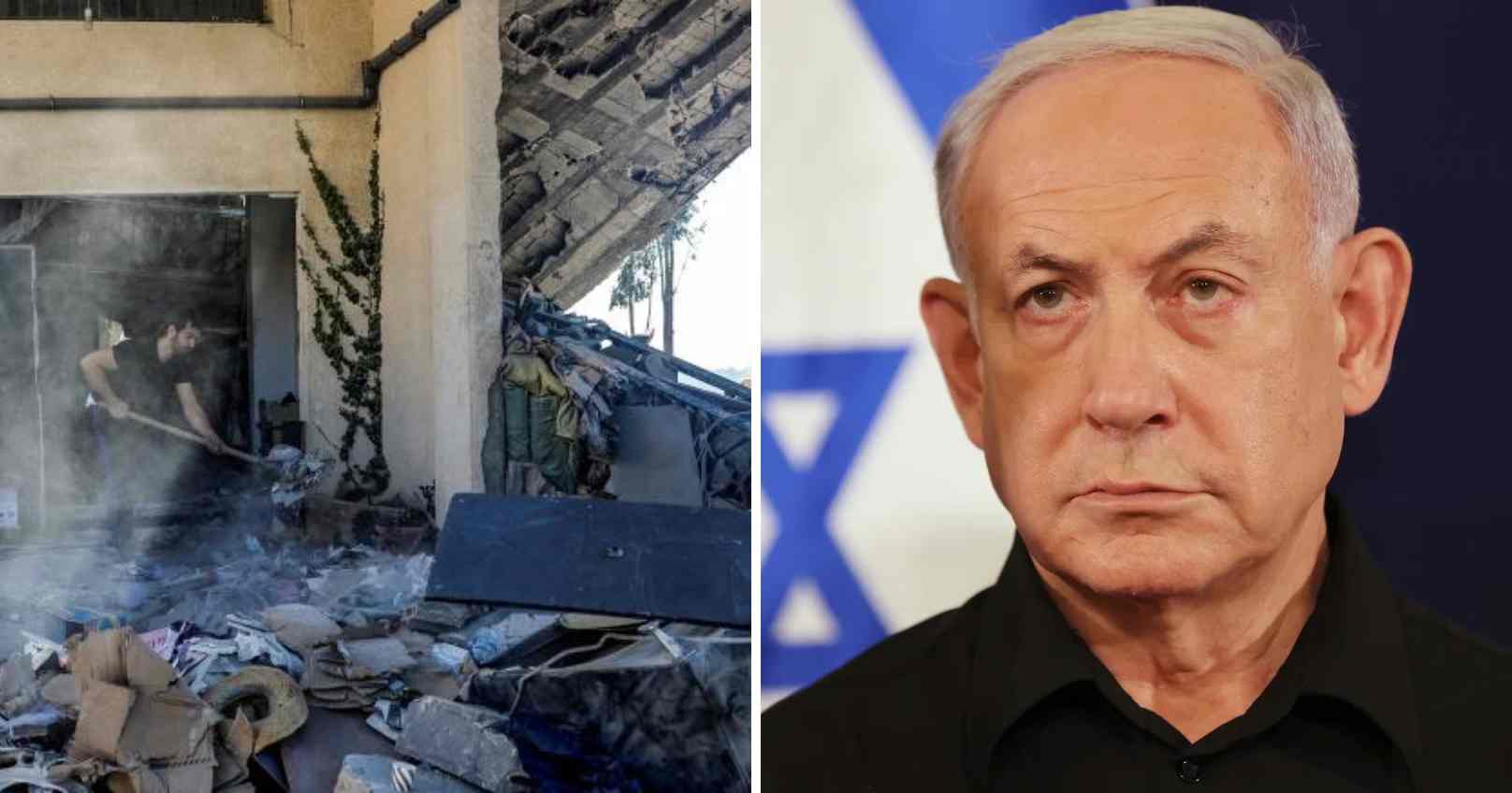An Israeli airstrike on Thursday killed Muhammad Hussein Srour, a senior Hezbollah commander, as Israeli Prime Minister Benjamin Netanyahu rejected calls from the United States and other allies for a 21-day ceasefire in Lebanon. The Israeli military confirmed the strike, stating that its fighter jets "targeted and eliminated" Srour, who was identified as the commander of Hezbollah’s air unit. This was the fourth attack within a week aimed at members of the Iran-backed Hezbollah.
Reports indicate that Srour, born in 1973, was among the top Hezbollah advisers sent to Yemen to assist in training the Huthi rebels. Israeli airstrikes on Hezbollah positions in Lebanon have resulted in more than 700 deaths over the past week and displaced approximately 118,000 people, heightening fears of a broader conflict in the Middle East.
Despite calls for a ceasefire from key international players, including the US and France, Netanyahu instructed Israeli forces to continue operations "with full force" until the safety of Israeli citizens was ensured. "We will speak in actions, not words," Netanyahu posted on social media platform X (formerly Twitter). "Let no one be confused: we will not stop hitting Hezbollah until we return our residents safely to their homes."
A joint statement from US President Joe Biden, French President Emmanuel Macron, and leaders from Japan, Qatar, Saudi Arabia, and the United Arab Emirates condemned the escalating violence. They described the situation in Lebanon as "intolerable" and urged a ceasefire, arguing that the ongoing conflict served the interests of neither the Lebanese nor the Israeli people.
Their plea for a three-week truce followed remarks by Israeli military chief Lieutenant General Herzi Halevi, who instructed Israeli soldiers to prepare for a potential ground invasion against Hezbollah. The death toll since the outbreak of fighting between Israel and Hezbollah, spurred by the broader conflict in Gaza, has exceeded 1,500, with Hezbollah firing rockets into Israel following Hamas’ attack on Israeli towns in October of last year.
The ongoing conflict recalls the 2006 war between Israel and Hezbollah, which left 1,200 dead in Lebanon, most of them civilians, and 160 dead in Israel, the majority of them soldiers.







